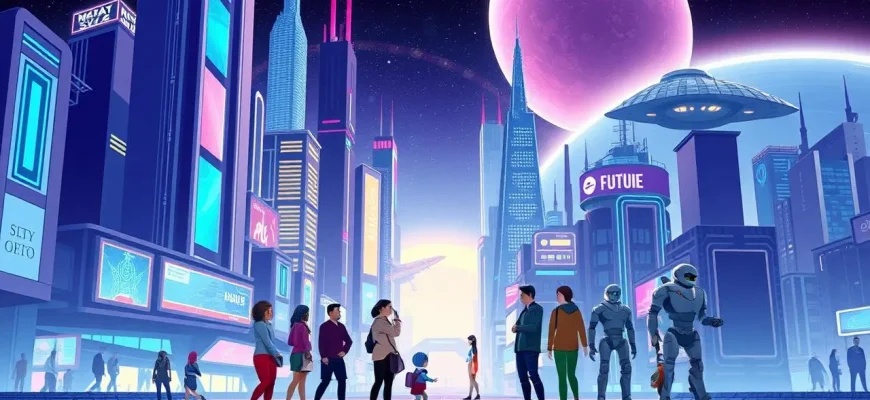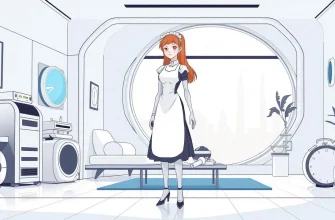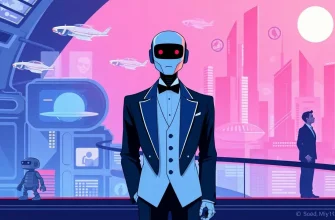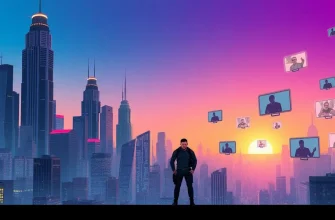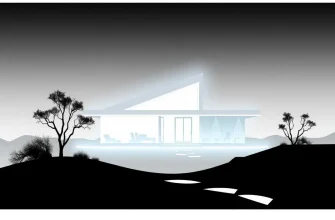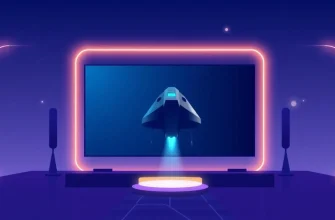Are you ready to take a leap into the future? This curated list of 10 sci-fi films delves into the realms of what life might look like in the coming centuries. From dystopian societies to utopian dreams, these films not only entertain but also provoke thought about technology, society, and humanity's place in the cosmos. Whether you're a fan of mind-bending plots or stunning visual effects, this collection promises to transport you to worlds yet to come.
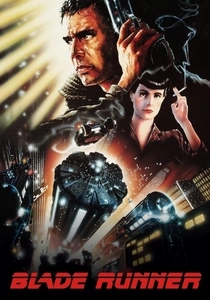
Blade Runner (1982)
Description: Set in a dystopian Los Angeles of 2019, this film explores themes of artificial intelligence, identity, and what it means to be human. It's a cornerstone of sci-fi cinema, offering a dark, neon-lit vision of the future.
Fact: The film was initially a box office disappointment but has since become a cult classic. Ridley Scott directed this adaptation of Philip K. Dick's novel "Do Androids Dream of Electric Sheep?"
 Watch Now
Watch Now 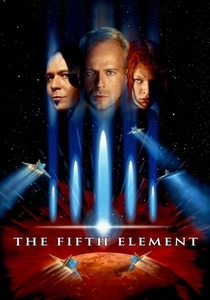
The Fifth Element (1997)
Description: A vibrant, colorful journey through a future where a taxi driver must save the world with the help of a mysterious woman, this film is a love letter to sci-fi with its mix of action, comedy, and futuristic aesthetics.
Fact: The film was a commercial success in Europe but initially underperformed in the U.S. It has since gained a cult following.
 Watch Now
Watch Now 
The Matrix (1999)
Description: This film revolutionized the sci-fi genre with its concept of a simulated reality controlled by sentient machines. It's a thrilling exploration of free will, destiny, and the nature of reality itself.
Fact: The Wachowskis, the directors, were influenced by anime, cyberpunk literature, and philosophical concepts. The film's "bullet time" effect became iconic.
 Watch Now
Watch Now 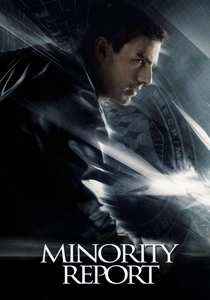
Minority Report (2002)
Description: In a future where crimes can be predicted before they happen, this film delves into the ethical implications of pre-crime technology, privacy, and free will. It's a gripping tale of a man trying to prove his innocence.
Fact: The film was based on a short story by Philip K. Dick. Steven Spielberg directed, and the technology depicted has influenced real-world tech developments.
 Watch Now
Watch Now 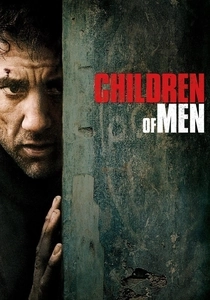
Children of Men (2006)
Description: In a world where humans can no longer reproduce, this film paints a bleak picture of a future without hope, focusing on themes of immigration, faith, and the human spirit.
Fact: The film features several long, uninterrupted shots, including a famous 6-minute single take. It was adapted from P.D. James's novel.
 Watch Now
Watch Now 
A.I. Artificial Intelligence (2001)
Description: Directed by Steven Spielberg, this film explores the life of a childlike android programmed to love, delving into themes of artificial life, emotion, and the quest for acceptance.
Fact: The project was originally conceived by Stanley Kubrick, who passed it to Spielberg before his death. The film's ending was inspired by Kubrick's vision.
 Watch Now
Watch Now 
Equilibrium (2002)
Description: In a future where emotions are outlawed, this film follows a law enforcement officer who begins to question the regime, leading to a rebellion against a totalitarian state.
Fact: The film's gun kata fighting style was created specifically for this movie, blending martial arts with firearms. It was a low-budget film that gained a cult following.
 Watch Now
Watch Now 
Elysium (2013)
Description: This film envisions a future where the rich live on a luxurious space station, while the rest of humanity suffers on an overpopulated Earth, highlighting class disparity and healthcare access.
Fact: Director Neill Blomkamp was inspired by his childhood in South Africa, reflecting apartheid-like themes. The film's visual effects were highly praised.
 Watch Now
Watch Now 
Her (2013)
Description: Spike Jonze's exploration of love in the age of artificial intelligence, where a man falls in love with his operating system, raises questions about intimacy, loneliness, and the future of relationships.
Fact: Scarlett Johansson, who voiced the OS, was not initially considered for the role. The film won the Academy Award for Best Original Screenplay.
 Watch Now
Watch Now 
WALL-E (2008)
Description: Pixar's heartwarming tale of a lonely robot cleaning up a deserted Earth, this film offers a poignant look at environmentalism, consumerism, and the future of humanity in space.
Fact: WALL-E has no dialogue for the first 39 minutes, relying on visual storytelling. It won the Academy Award for Best Animated Feature.
 30 Days Free
30 Days Free 
